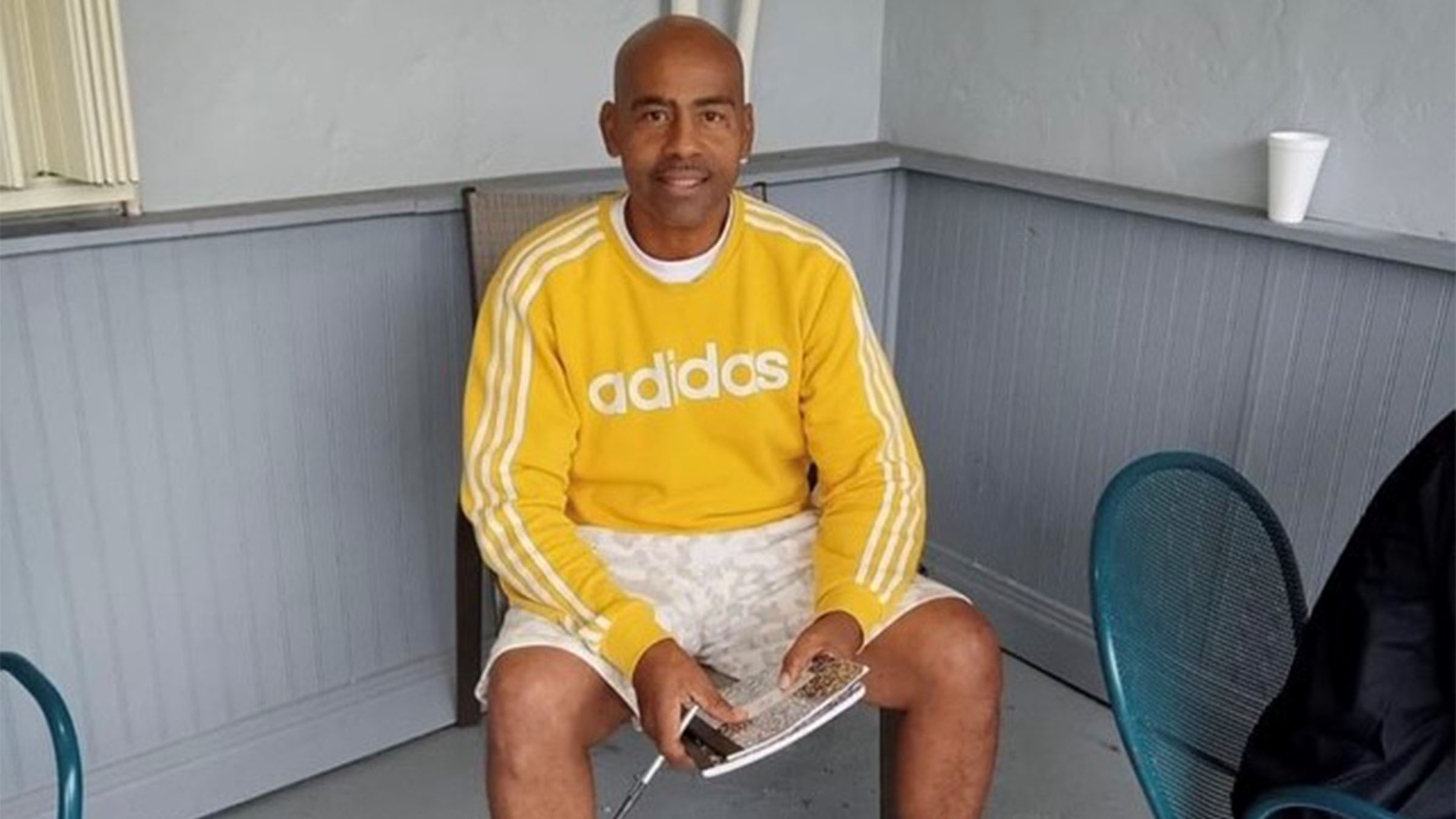Jaime Ruiz was in town talking up another tool the United States is using to try to stem the tide of Central American Children streaming into the country. Ruiz is a former television reporter who now works for U.S. Customs and Border Protection.
He screens a couple of very well-produced TV public service announcements, plays some radio spots, and discusses billboards.
"We are going to pay a million dollars for close to 7,000 radio and TV spots, 233 billboards running in three countries," Ruiz said.
Those countries would be Guatemala, El Salvador, and Honduras. Those countries provide the vast majority of children that are often sent on their own to get to the United States. The message is clear. Don't do it. Do not try to make a dangerous journey that may prove fatal.
One of the TV commercials relies heavily on drama. A mother urges her son not to go to the U.S. He makes the journey anyway. His journey ends in a death in the desert. The mini-drama hits heavy on family ties.
Another commercial takes a cynical animated look at how a "Coyote" operates. They are the smugglers who take as much as $10,000 per youngster to escort them to the U.S. border. The message: the "Coyote" care less about the child's welfare, as it is all about the money.
Julio Cerrato and his brother, while sipping sodas from their native Honduras, say the TV spots will not work. Both are U.S. citizens, got here the old-fashioned way and say the tide of kids will never stop.
Local
Talking about the United States Julio said, "We know how good you are and we, referring to those who are sending their kids north, and we take advantage of it. You got to understand that. He says despite tougher policing of the border between Guatemala and Mexico, the beefed up presence along the U.S. Mexico Border parents will get their children to the U.S. one way or another. They want to give them a future. Those parents already here in the U.S. are saving money to pay for their kids coming. That is what they are doing. How are you going to stop that?”



